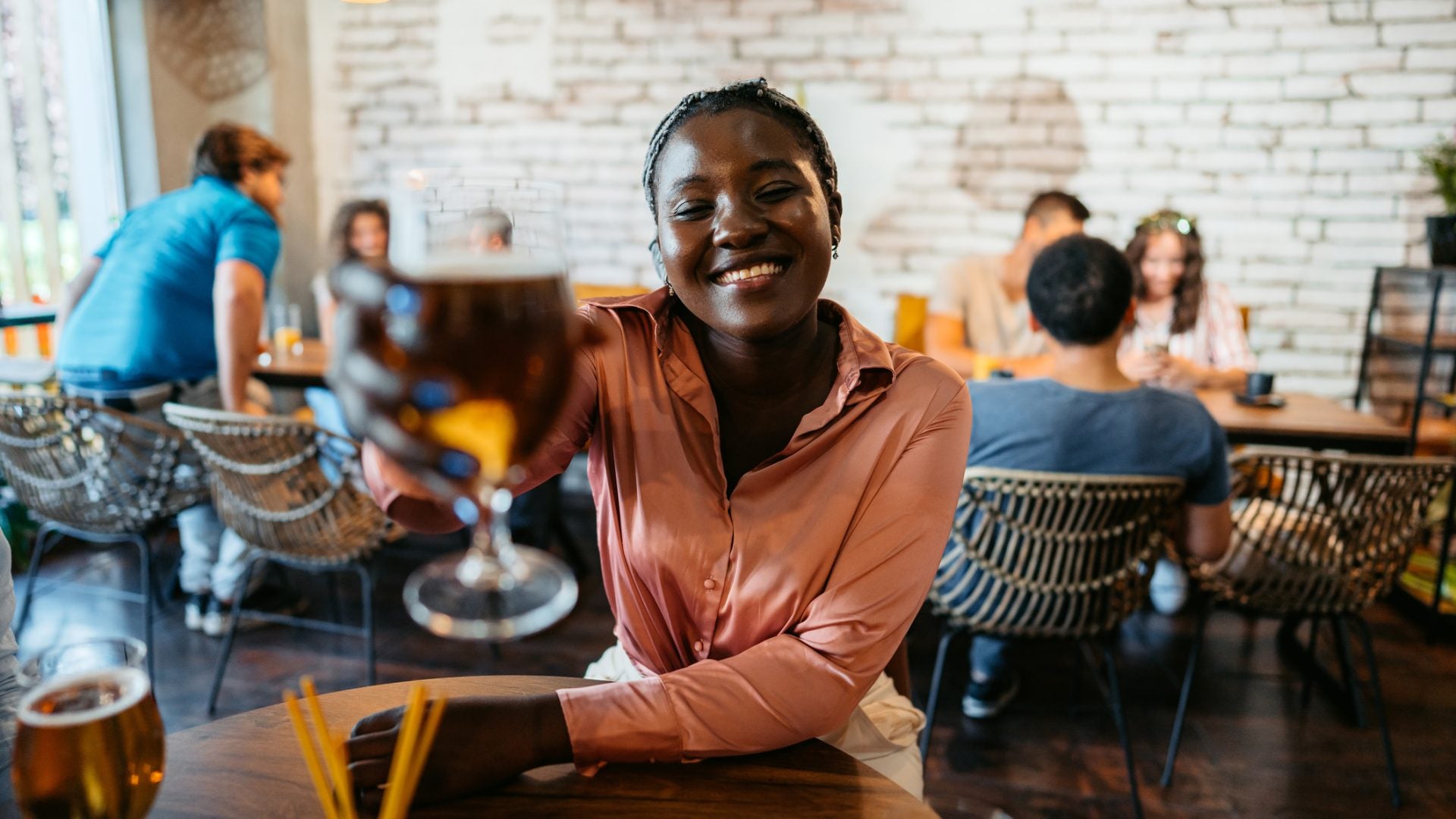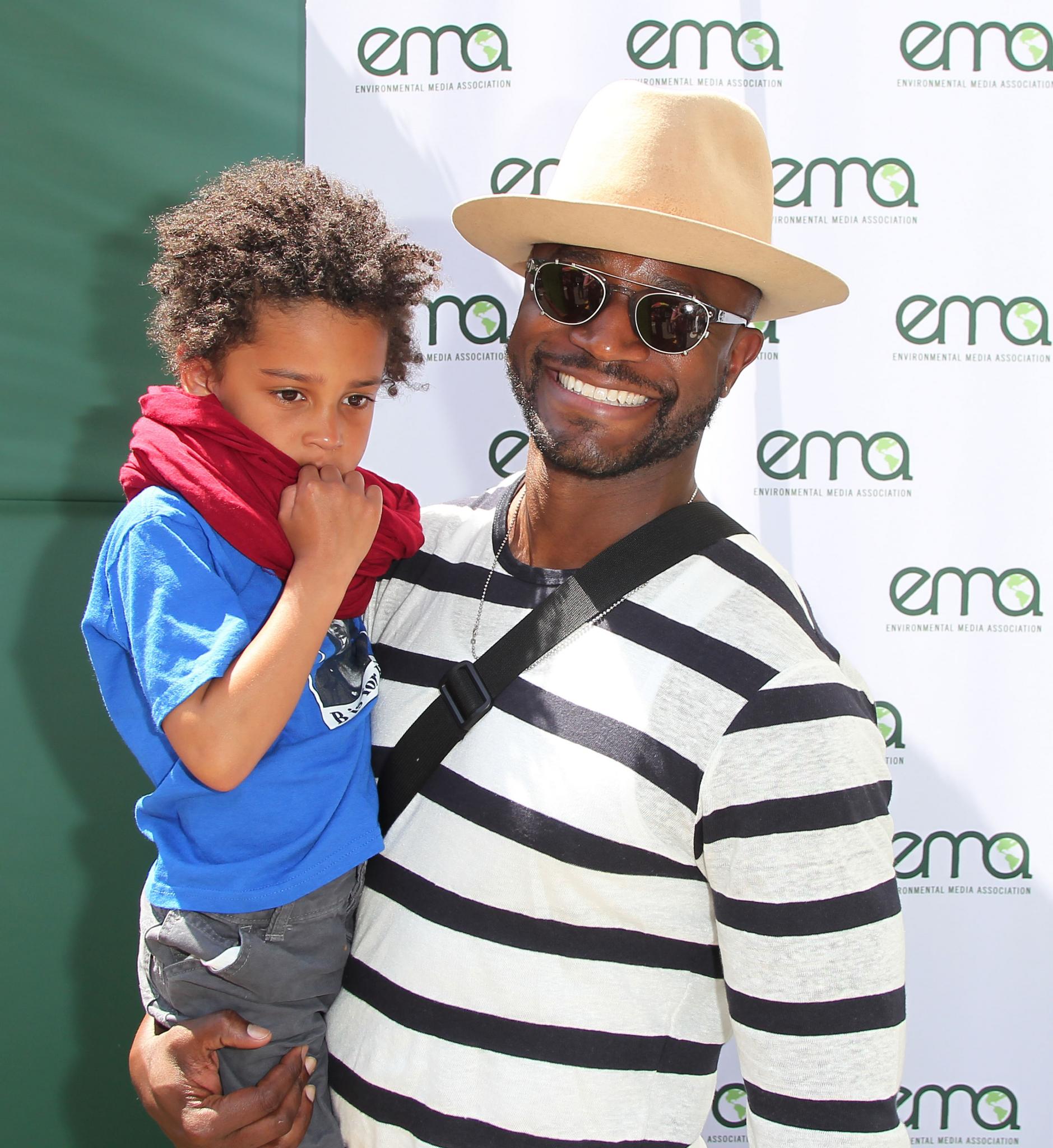
Taye Diggs has reignited a long-contested debate about racial identity in America: Do we automatically classify biracial people (those mixed with Black blood) as Black or “mixed race”?
Diggs, currently on a tour to promote his latest children’s book, Mixed Me, was asked how important it was to him that his 6-year-old son, Walker, not have to choose between categorizing himself as Black or White. Walker’s mother is the actress Idina Mendzel.
“When you [describe biracial kids as Black], you risk disrespecting that one half of who you are and that’s my fear,” Diggs told The Grio.
“I don’t want my son to be in a situation where he calls himself Black and everybody thinks he has a Black mom and a Black dad, and then when they see a White mother, they’re wondering, ‘Oh, what’s going on? Are you ashamed of…?’” he continued.
Notice Diggs doesn’t say he doesn’t want his son to be labeled White, just not Black, because, let’s face it, White isn’t an option here. In any case, his remarks sparked some fiery dialogue.
A mixed person can embrace all sides of themselves, but there’s a deeper issue with Taye Diggs being afraid we think his son is black
— Actually A Coconut (@_BasedMistress) November 18, 2015Let’s say Diggs’ son grows to identify as mixed. He will eventually accumulate “black problems” AND mixed problems.
— Ferrari Sheppard (@stopbeingfamous) November 18, 2015It’s totally understandable for Diggs to want his son’s White side acknowledged. In fact, many biracial people struggle with this classification because, yes, they are mixed race and are more often than not raised in multicultural homes. But the society we live in is one largely based on colorism—and by the way, Black people aren’t the only ones guilty of practicing colorism. The issue of racial categories isn’t one only created by, and acknowledged, by Black people only. This is an American problem, not just a Black problem. Diggs’ son has every right to self-identify, but something about the actor’s statement reeks of someone thinking that “biracial” saves you from the prejudices of the world. I may be wrong. Will a racist cop say, “Oh you’re good, because you’re not 100 percent Black, you’re biracial?”
At the same time, how do we acknowledge people’s multicultural identities? Tracee Ellis Ross is half White (Jewish, to be exact), Kimora Lee Simmons is half Korean, Halle Berry was raised by her White mother—can I really say that we have the same cultural experiences even though we all identify as Black? There are so many ways we are the same as Black women, and so many ways that we aren’t. In South Africa, where I’m from, mixed raced people are called Coloureds (I know, eeeeek!) to classify, and acknowledge their multicultural background (many are mixed with Dutch, Indian, and Malay). That’s not to say that it’s all kuumbaya—Blacks accuse Coloureds of thinking they’re better than regular Africans, and Coloureds accuse Blacks of the same. It’s complicated.

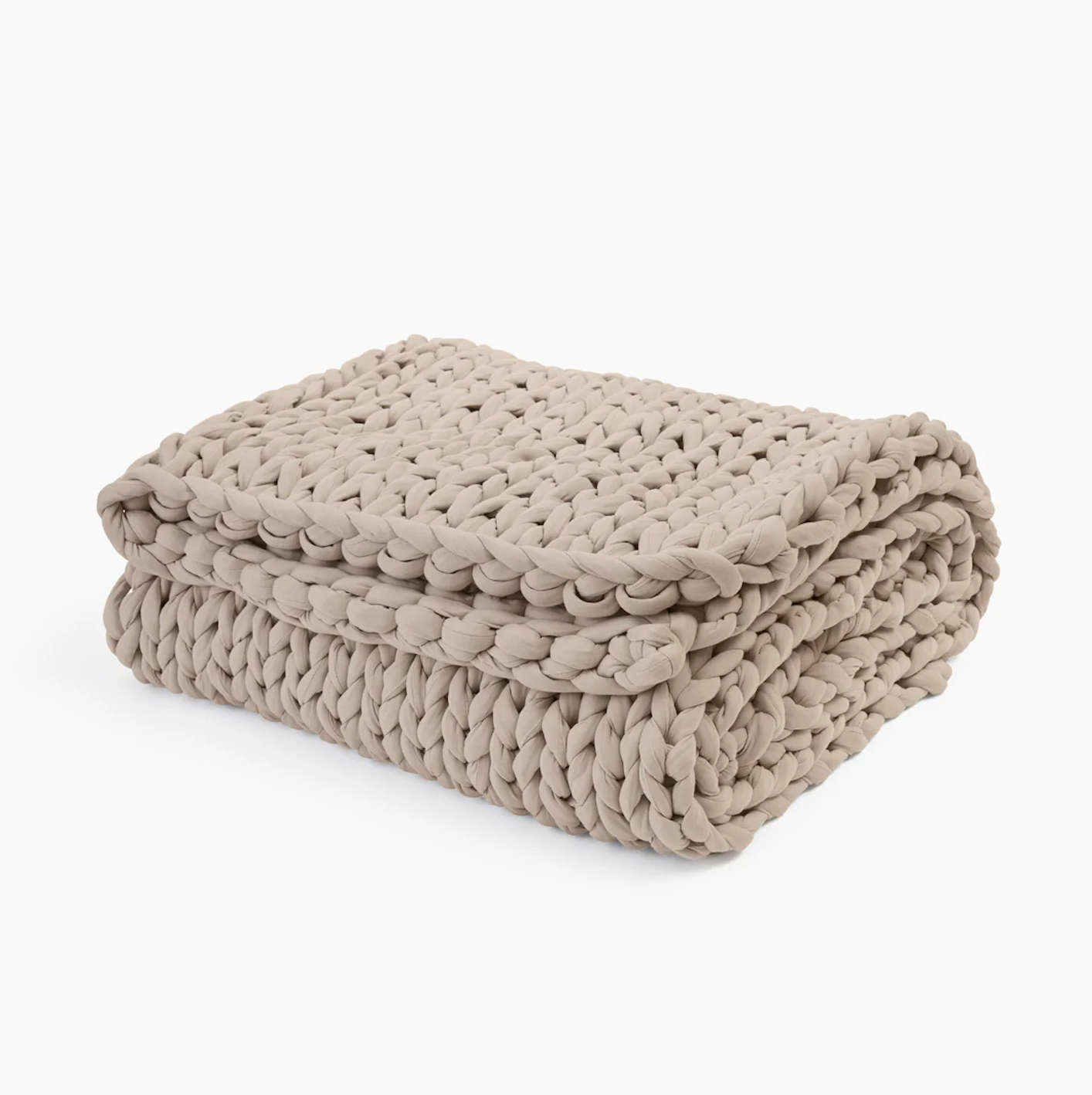
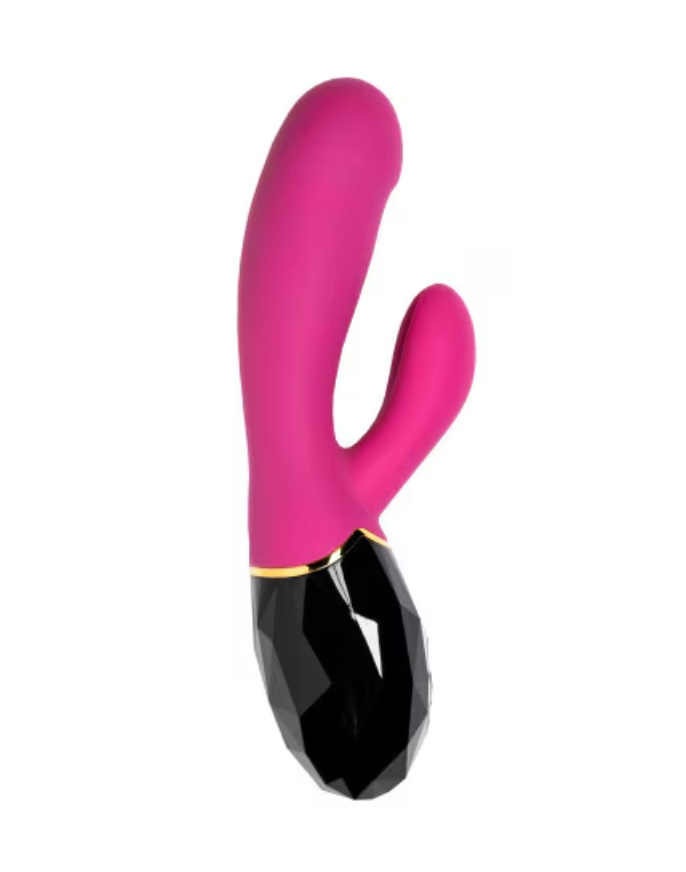
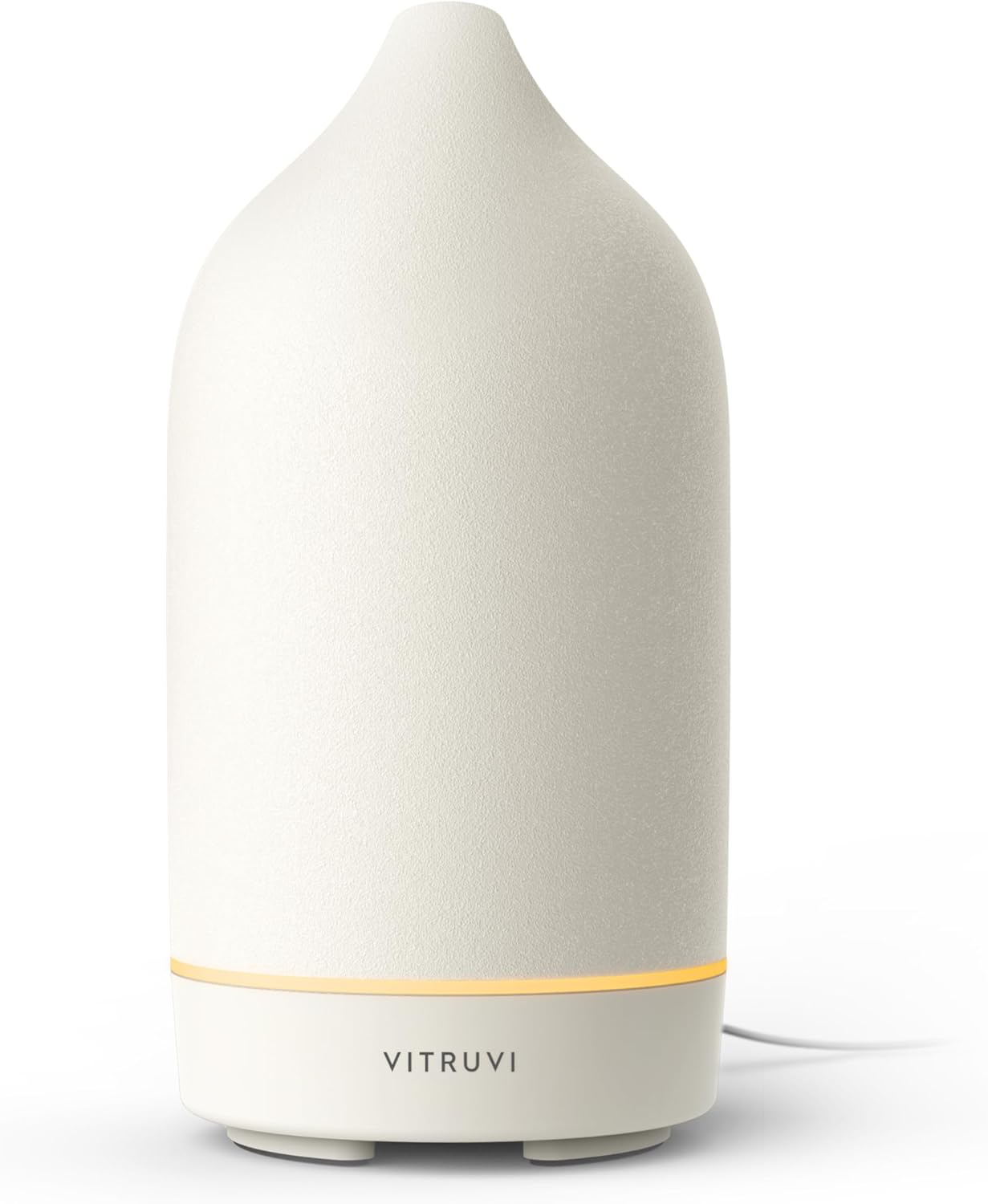
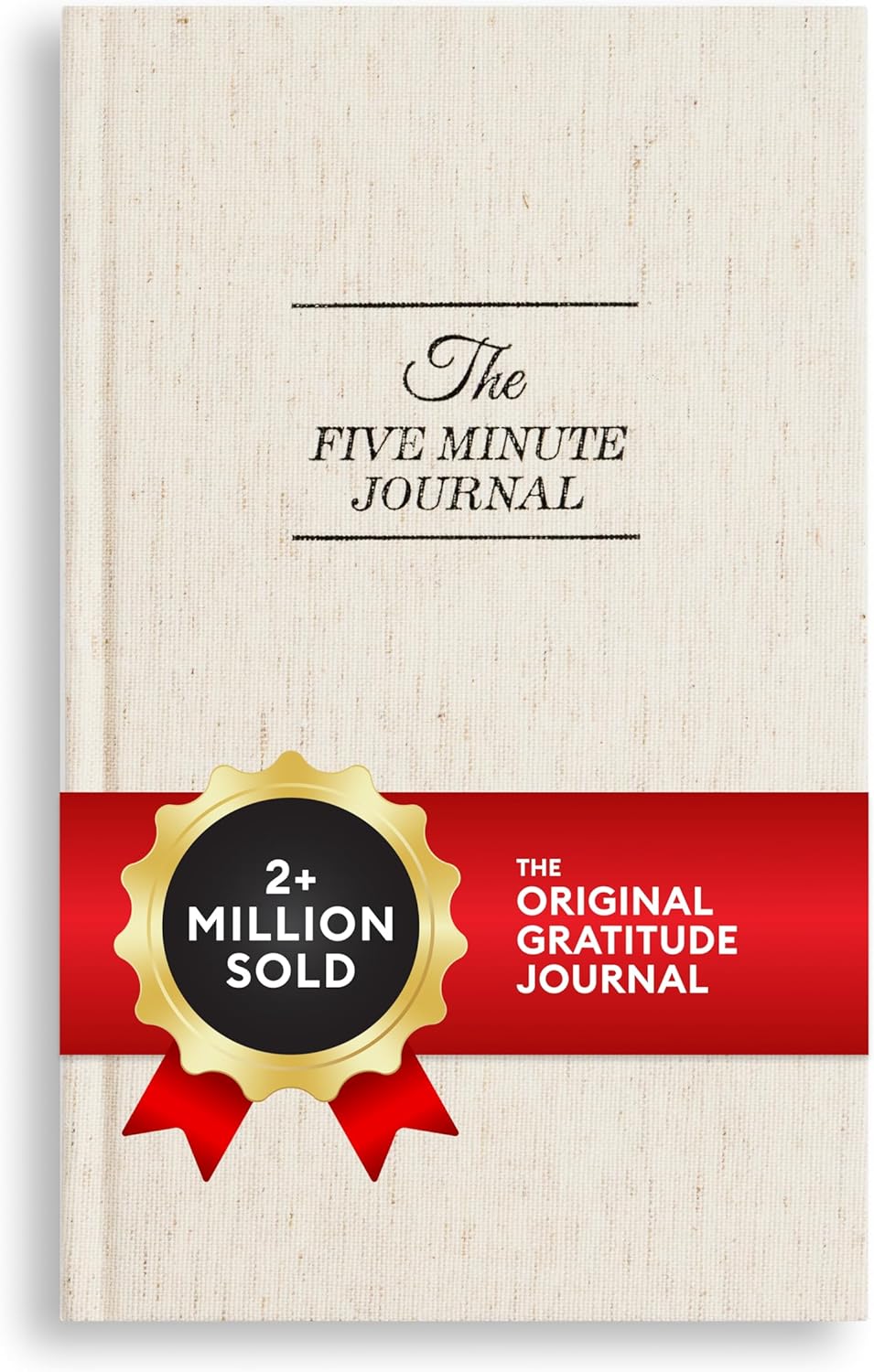
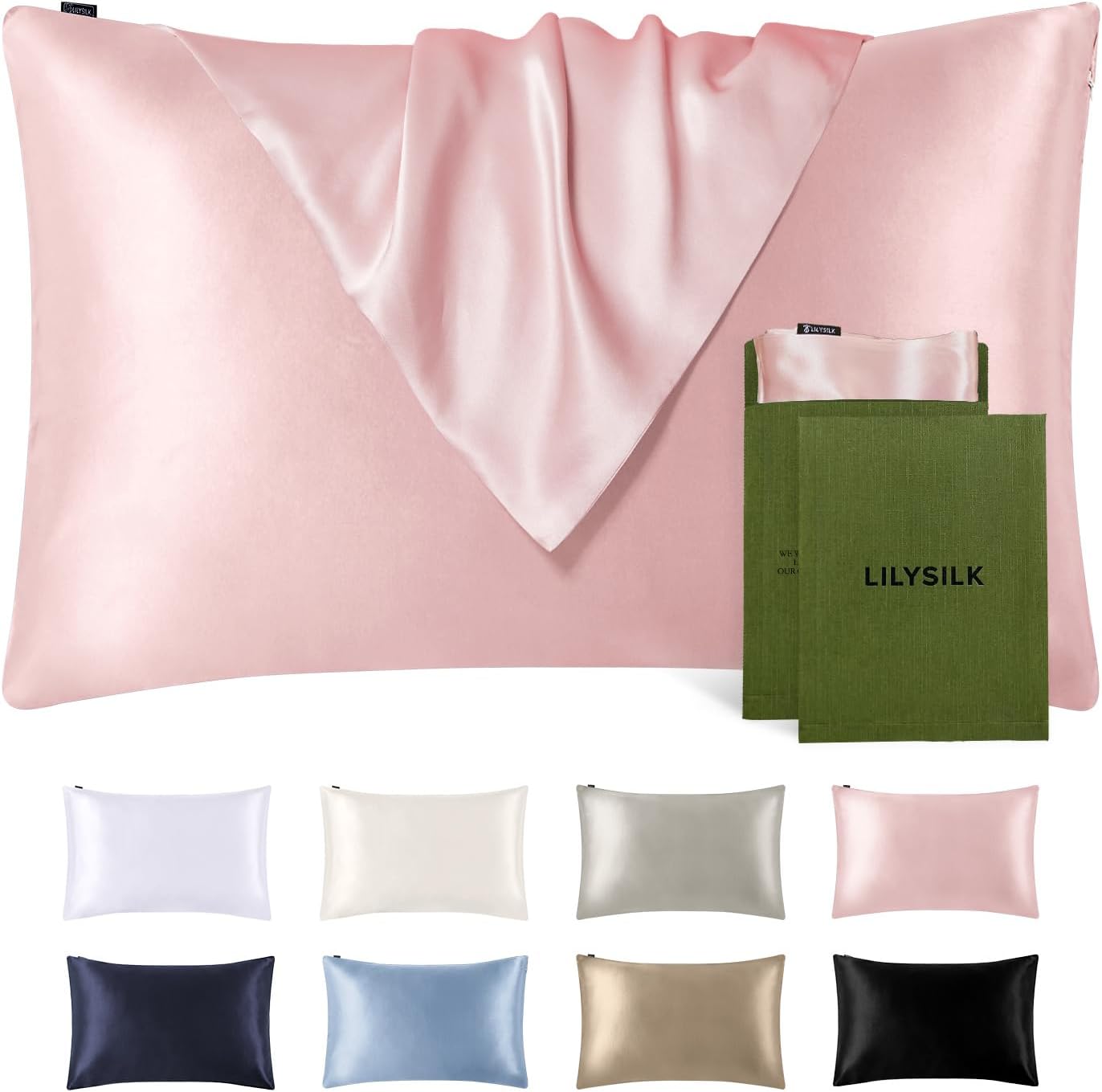

Diggs has since clarified his remarks. “I am a proud Black man,” he wrote on Instagram. “I want my son to grow up to be a proud Black man if he so chooses. He has a mother who is White. He has every right to be just as proud of his mother’s “blood” as well.”
Though Diggs’ remarks were loaded, they have sparked an interesting debate. Where do you stand on this?
Yolanda Sangweni is the entertainment editor at ESSENCE.com. Follow her on Twitter.




